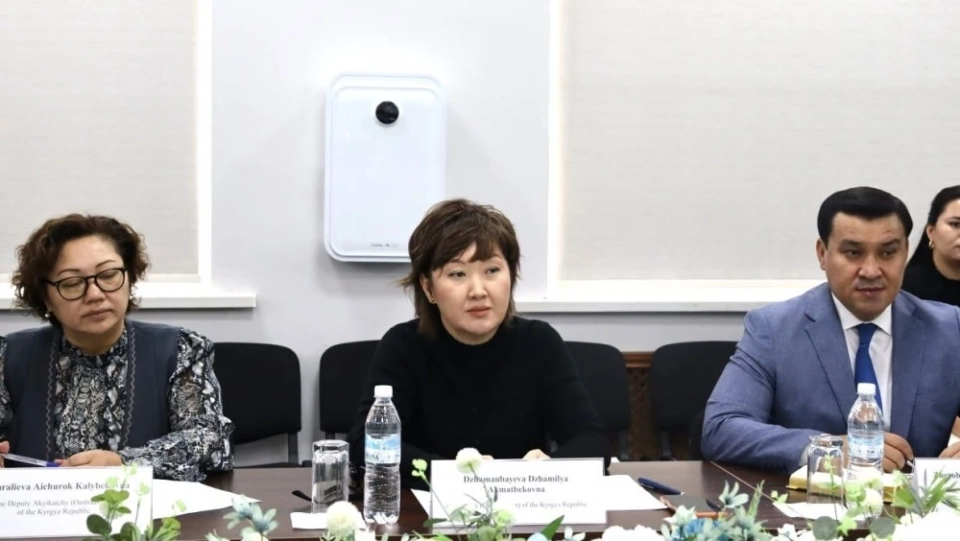The Ombudsman of the Kyrgyz Republic and UN representatives discussed the issue of reinstating the death penalty.
One of the key topics of discussion was the amendments to the Constitution regarding the potential introduction of the death penalty, as well as the draft law concerning the repeal of the Law on Accession to the Second Optional Protocol to the International Covenant on Civil and Political Rights.
Jamilya Jamambaeva noted that according to the Ministry of Internal Affairs, the number of crimes against women and children in the country increases by 30% annually. At the same time, 64.1% of all appeals to the Ombudsman Institute in 2024 were related to the work of the judiciary and law enforcement agencies.
She emphasized: "We understand that society reacts emotionally to cases of violence; however, the return of the death penalty is not a solution to this problem. It is important to improve the quality of investigations, ensure the inevitability of punishment, and strengthen preventive measures."
The Ombudsman also reminded that in 2023, the Ombudsman Institute had already expressed its opinion regarding the appeal of a group of deputies to the Constitutional Court requesting a review of the ban on the highest measure of punishment. The Institute still believes that the restoration of the death penalty would contradict Kyrgyzstan's international obligations, especially the provisions of the Second Optional Protocol, which was ratified by the country in 2010.
Support for the Ombudsman's position was expressed by representatives of the UN system, pointing out that the return of the death penalty not only contradicts Kyrgyzstan's international obligations but could also negatively affect its reputation as a state that protects human rights.
Antje Grave, the UN Resident Coordinator, added: "If this change is implemented, the country will significantly distance itself from its international obligations. The International Covenant on Civil and Political Rights and the Second Optional Protocol do not contain provisions for denunciation. The abolition of the death penalty has legal irreversibility for countries that have signed these agreements."
Read also:
Ombudsman: The Return of the Death Penalty Contradicts the International Obligations of the Kyrgyz Republic
A recent working meeting of the Ombudsman of Kyrgyzstan, Jamilya Jamangbaeva, UN Resident...
The Ombudsman of Kyrgyzstan spoke out against the return of the death penalty.
The Ombudsman of Kyrgyzstan, Jamila Dzhamanbaeva, expressed her position against the reinstatement...
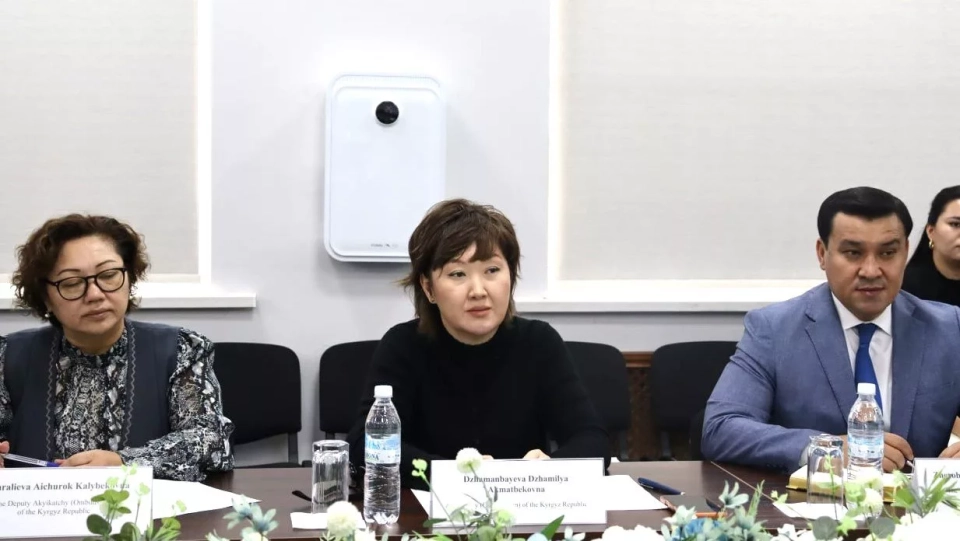
Ombudsman of Kyrgyzstan: The Return of the Death Penalty Contradicts Kyrgyzstan's International Obligations
During the meeting, not only amendments to the Constitution were discussed, but also the...
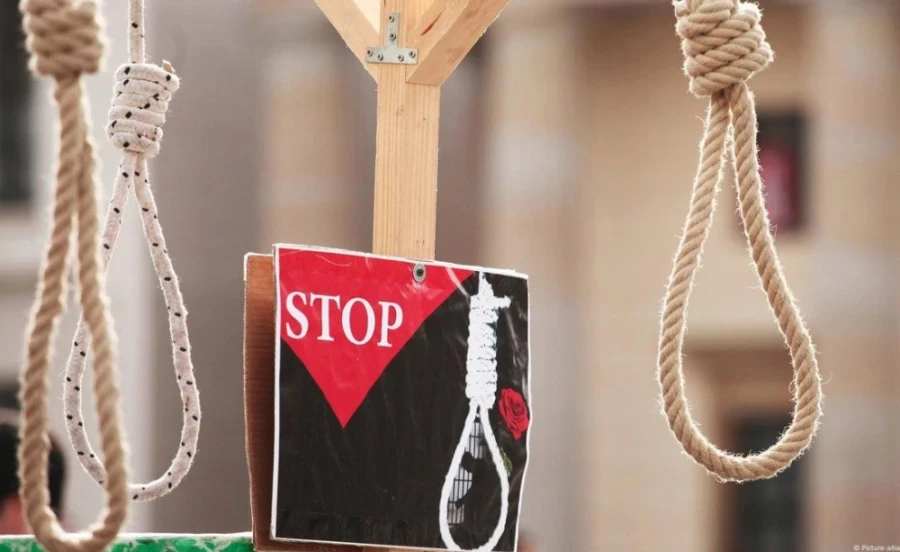
PDMK calls on the authorities of Kyrgyzstan to abandon the idea of reinstating the death penalty
“The death penalty will not yield the expected results and will create serious legal and practical...
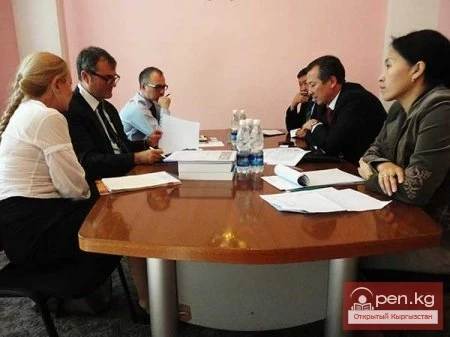
The Ombudsman of the Kyrgyz Republic Baktybek Amanbaev met with the representative of the UN High Commissioner for Refugees Johanno P. Siffoant.
Press service of the Ombudsman of the Kyrgyz Republic // On September 29, Ombudsman of the Kyrgyz...
Activists urge the authorities of the Kyrgyz Republic to abandon the idea of reinstating the death penalty
The recent address from the Media Action Platform of Kyrgyzstan was directed to high-ranking...
In the European Parliament, the return of the death penalty was called "punitive populism."
Member of the European Parliament Nacho Sánchez Amor addressed the European Commission with a...
The Return of the Death Penalty: Experts' and Lawyers' Opinions on Why It Is Not Needed in Kyrgyzstan
On October 27, a public discussion of draft laws concerning amendments to the Constitution of the...
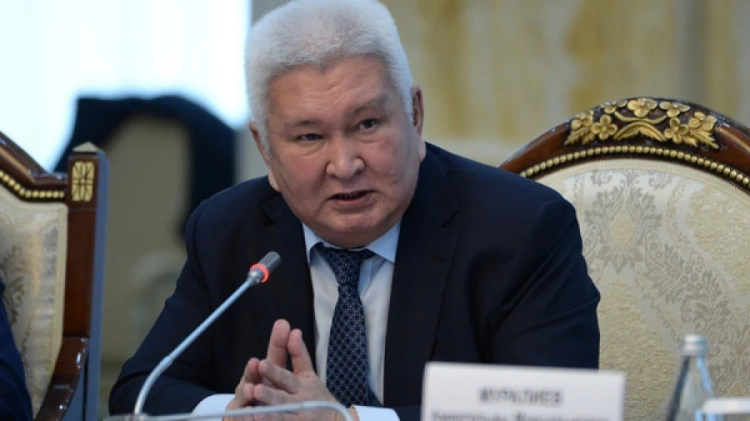
Felix Kulov commented on the UN's reaction to the reinstatement of the death penalty in Kyrgyzstan
“According to the Constitution, Kyrgyzstan independently conducts its foreign and domestic policy”...
Debate in Bishkek on the Reinstatement of the Death Penalty: Protection of Society or Violation of Rights?
Recent public hearings organized by the Media Action Platform of Kyrgyzstan became a platform for...
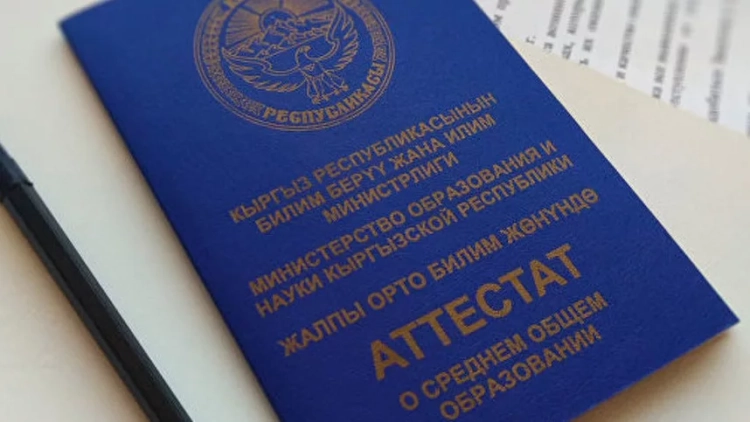
The Ombudsman helped a girl retrieve her documents from college in Bishkek and transfer to Karakol.
With the help of the Ombudsman, a 17-year-old girl was able to retrieve her documents from a...
How were executions carried out in the 90s in Kyrgyzstan?
After gaining independence in 1991, Kyrgyzstan retained the death penalty as a last resort...

The Administration of the President of Kyrgyzstan has submitted a draft law on the reinstatement of the death penalty for public discussion.
According to the draft, amendments to the Constitution are proposed to introduce the death penalty...

After monitoring by the Ombudsman's Institute, conditions for incarcerated women with children have been improved in Colony No. 2
The Institute of the Ombudsman of the Kyrgyz Republic conducted a review of the rights of...
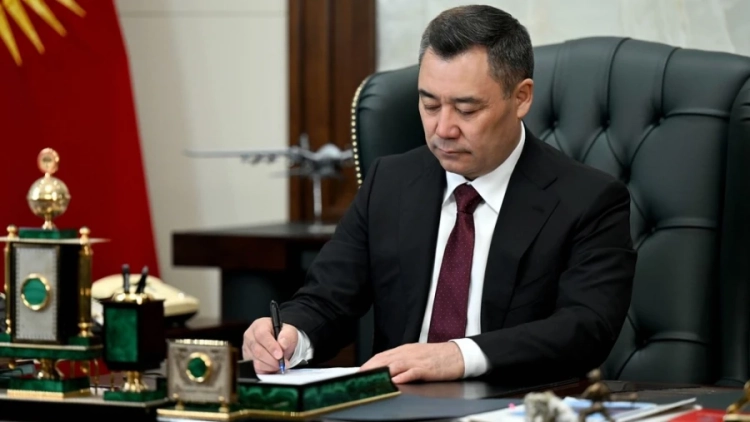
Amendments Made to the Laws on Military and Emergency Situations
On September 25, the Jogorku Kenesh approved amendments...
Kyrgyzstanis in Moscow reported that the company has not paid salaries amounting to 30 million rubles, - ombudsman
In Moscow, a meeting took place between representatives of the employees of the company...
80th Anniversary of the UN. 80 Komuzists Performed on Stage in Honor of the Anniversary
In Kyrgyzstan, a festive event was held to commemorate the 80th anniversary of the United Nations....
Students from Kyrgyzstan in Russia said that universities do not extend their registration period, - ombudsman
At a meeting with the Deputy Ombudsman of Kyrgyzstan, Aichurok Nazaralieva, in Moscow, students...

Meeting of the Foreign Ministers of Central Asia
Foreign Ministers of Central Asia Discussed Security Issues in the Region The foreign ministers of...
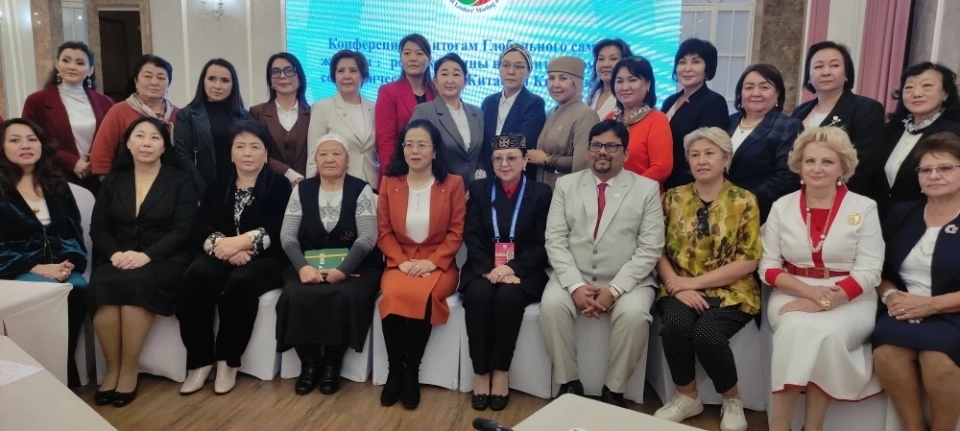
Women of Kyrgyzstan Demonstrate a Strong Position Without Gender Discounts
A conference was held in Bishkek dedicated to the results of the Global Women's Summit, which...

Kyrgyzstan Joins Regional Efforts to End Violence Against Children
From October 13 to 14, representatives of Kyrgyzstan participated in a two-day ministerial...
Kyrgyzstanis complained about universities in Moscow: they are threatened with expulsion from Russia
During a working visit to Moscow, Deputy Ombudsman Aichurok Nazaralieva held a meeting with Kyrgyz...
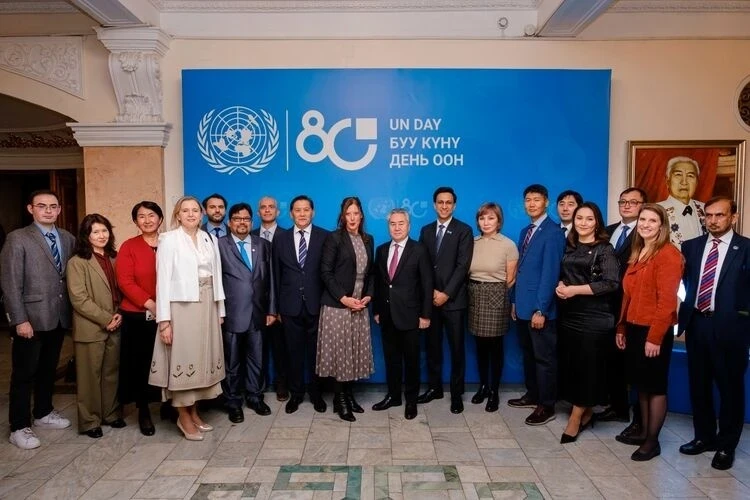
In Kyrgyzstan, the UN Day was brightly celebrated
The celebration of UN Day took place at the Abdykalyk Maldybaev Kyrgyz National Opera and Ballet...
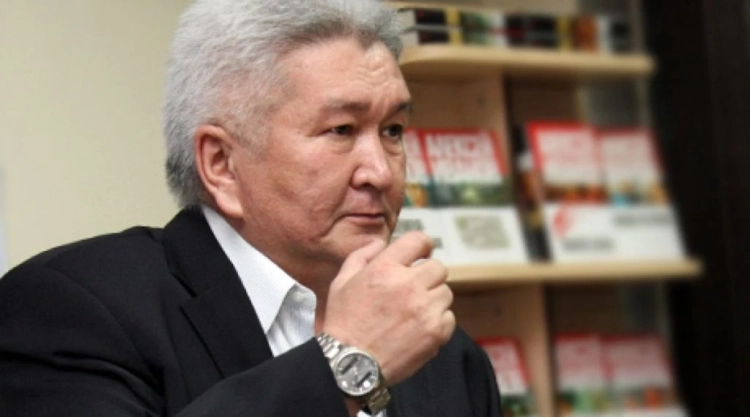
Felix Kulov: Kyrgyzstan is expecting early elections to the Jogorku Kenesh and a referendum in the near future
As reported by Felix Kulov, Kyrgyzstan is expecting two key political and legal events: The first...
The Supreme Court Discussed the Optimization of the Judicial System Structure
On October 23, a meeting of the Commission took place in the Supreme Court, which is engaged in...
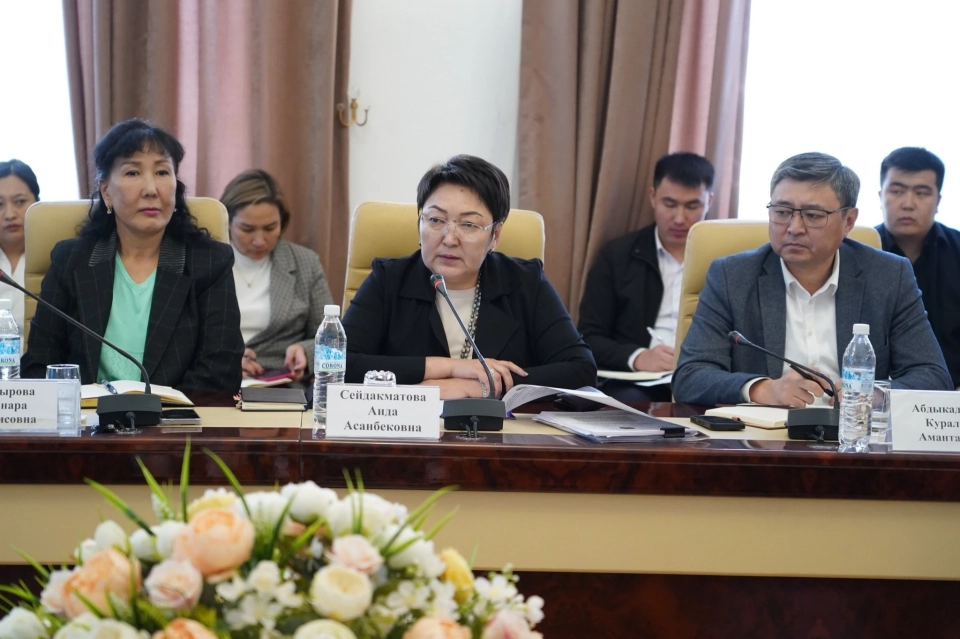
The workload of the Supreme Court judges of the Kyrgyz Republic has increased by 40 percent over the past 15 years.
Recently, a commission meeting took place in the Supreme Court of the Kyrgyz Republic, aimed at...

Businessmen from Kyrgyzstan and China Discussed Counteracting Risks in Investment
Themed seminar titled "Legal Environment and Risk Mitigation in Investing in Central...
In Bishkek, the UN Day was celebrated: Kulubaev emphasized Kyrgyzstan's contribution to the global agenda
The solemn event dedicated to the United Nations Day took place on October 24, 2025, at the A....
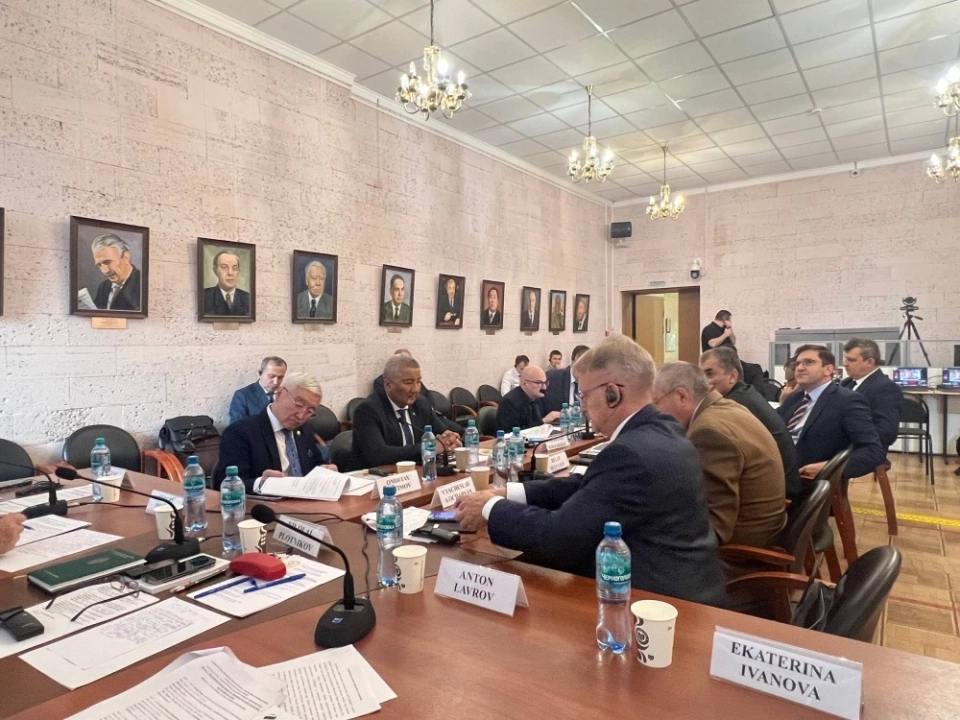
Scientists from several countries discussed the domestic political situation in Afghanistan
In Moscow, at the Institute of Oriental Studies of the Russian Academy of Sciences, an...
In Bishkek, preparations have begun for the launch of a waste incineration plant
An off-site meeting was held in Bishkek under the leadership of Deputy Mayor Ramiz Aliyev at the...
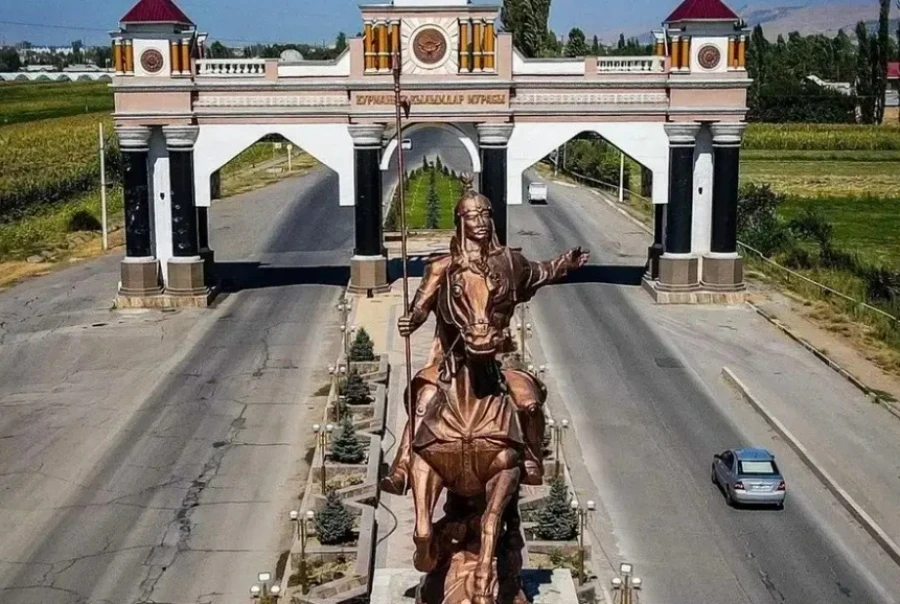
Kulov: The name Manas should be borne by a city of republican significance, not just regional.
Former Prime Minister suggests putting this issue to a referendum Felix Kulov, the former prime...
In Bishkek, the missing 11-year-old Alinur Ibragimzhanov has been found
The missing 11-year-old boy, Alinur Ibragimzhanov, has been found safe. This was reported by the...
A Multilateral Dialogue on Combating Transport Air Pollution is Taking Place in Bishkek
On October 21, a multilateral dialogue was held in Bishkek dedicated to issues related to combating...
The Prosecutor General's Office ordered the internet platform to pay $2.885 million in taxes
In the Kyrgyz Republic, the General Prosecutor's Office has identified tax violations...
A chemical laboratory for drug analysis has opened in the city of Batken.
In Batken, a chemical laboratory for the analysis of narcotic substances has begun its operations,...
The virological laboratory of the State Sanitary and Epidemiological Surveillance Center of Bishkek is accredited by the Kyrgyz Accreditation Center.
The virological laboratory at the State Sanitary and Epidemiological Surveillance Center of Bishkek...
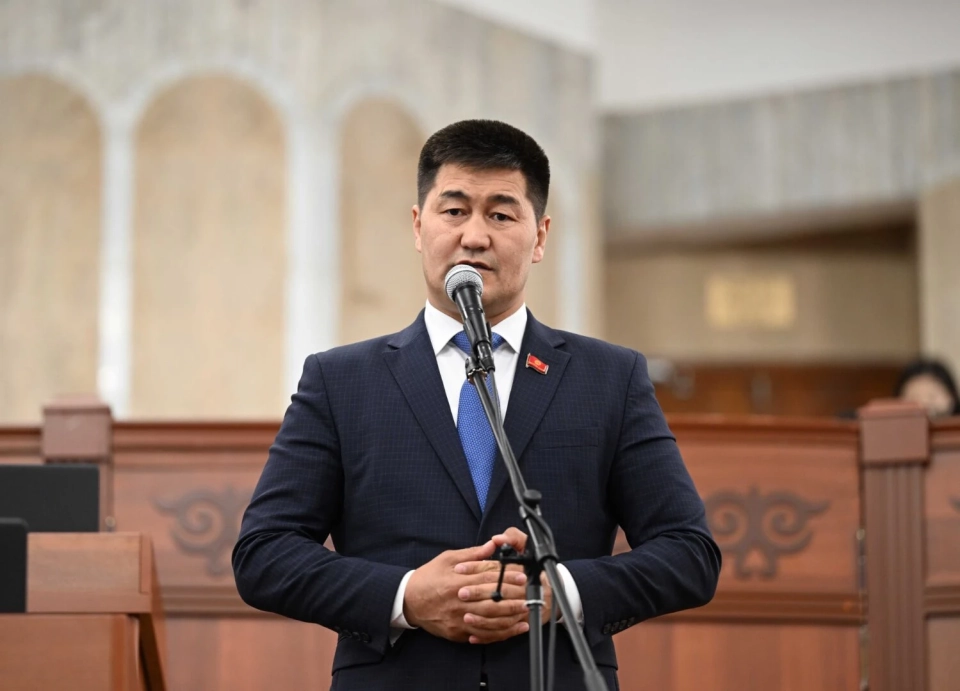
The CEC of the Kyrgyz Republic denied Shailoobek Atazov registration as a candidate for the Jogorku Kenesh.
At the meeting of the working group held on October 28, 2025, both Atazov and a representative of...
In Kyrgyzstan, they want to introduce mandatory DNA registration for convicts and foreigners
The draft Law "On State Genomic and Dactyloscopic Registration in the Kyrgyz Republic,"...

In Balykchy, the strengthening of psychological support for children and the introduction of staff psychologists in relevant structures were discussed.
A meeting dedicated to the issues of psychological support for children took place in Balakchy....
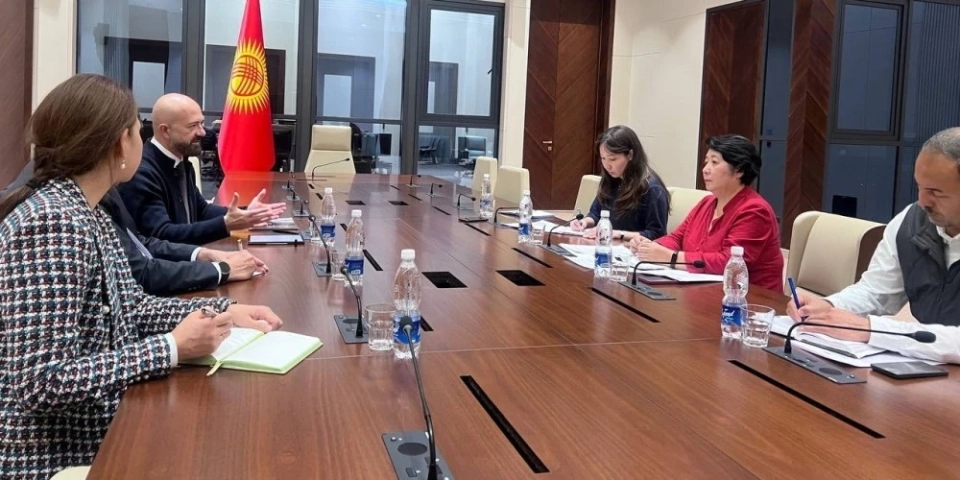
In Bishkek, a new project to support mountainous regions of Kyrgyzstan was discussed
In the capital of Kyrgyzstan, a meeting was held dedicated to the project "Promoting...
Montenegro has suspended the visa-free regime for Turkish citizens
The decision to terminate visa-free entry for Turkish citizens was announced by Montenegro's...
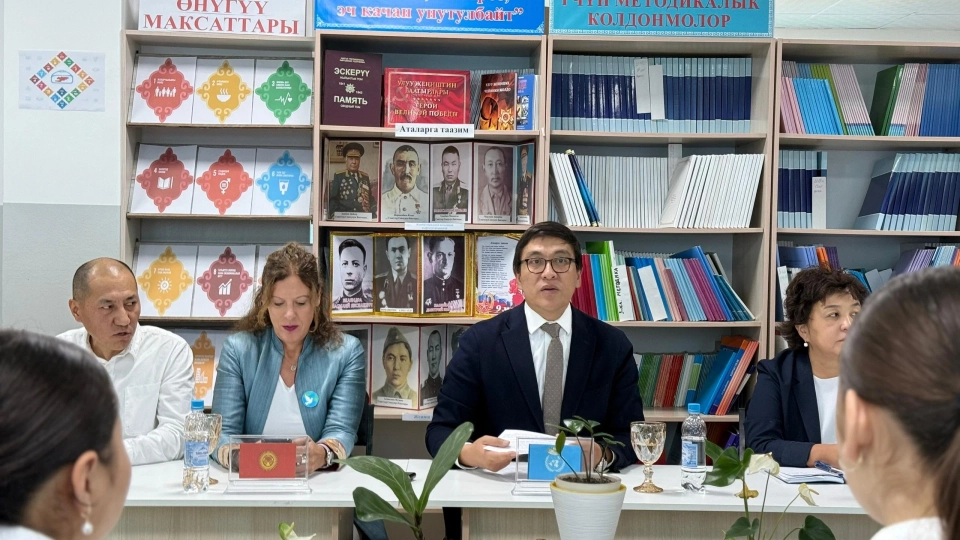
In all schools of Kyrgyzstan, the 80th anniversary of the United Nations is being celebrated
Today, special lessons and events dedicated to the 80th anniversary of the United Nations are...
